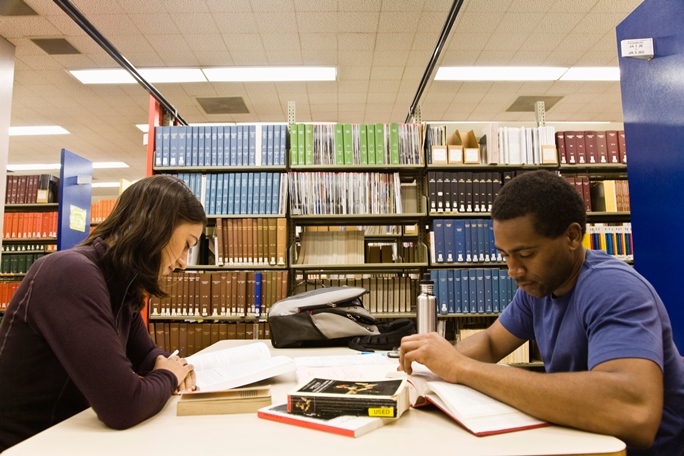About the BMFTR's Data Portal
Political decision-making requires facts. And the following also applies to everyone: In order to better understand education and research policy and form our own opinion, we need reliable and up-to-date data.

As a free-access platform of the Federal Ministry of Research, Technology and Space (BMFTR), the data portal provides a comprehensive insight into statistical data on education, research and innovation.
The data is prepared in such way that, on the one hand, it is as comprehensible as possible, but on the other hand, it also meets scientific requirements in order to ensure corresponding subsequent analysis. As such, this data portal is designed for decision-makers and researchers in politics, the administration, the scientific community and the economic sector, as well as for all interested citizens, students and pupils. The portal is also part of the federal government's Open Data Initiative for research and education.
With a smart search function, navigation assistance and glossary, the data portal is easy to use. The data can be downloaded in various formats (XLS, CSV and PDF). For better visualisation and easier data analysis, numerous data are made available to users in a constantly growing number of interactive and static graphics. Relevant tables can be saved as favorites via the personal "My Portal" account. They are then updated automatically.
You are welcome to explore the data in this data portal offered by the BMFTR.

